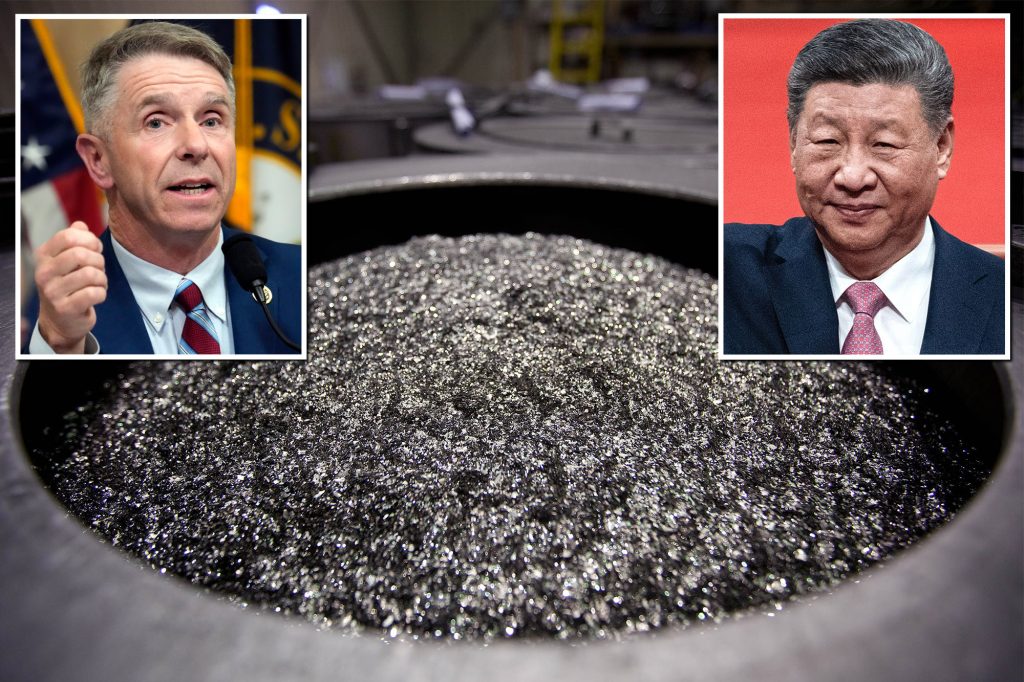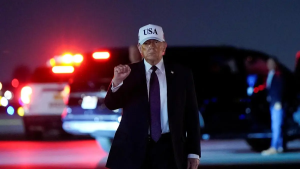U.S. Urges Rapid Shift from Chinese Critical Minerals as Global Tensions Rise

Annealed neodymium iron boron magnets sit in a barrel prior to being crushed into powder at Neo Material Technologies Inc.'s Magnequench Tianjin Co. factory in Tianjin, China, on Friday, June 11, 2010. A generation after Chinese leader Deng Xiaoping made mastering neodymium and 16 other elements known as rare-earths a priority, China has cornered the market, with far-reaching effects ranging from job losses and global trade to U.S. national security. Photographer: Doug Kanter/Bloomberg via Getty Images
By Newsmax Wires | Sunday, 02 November 2025 12:20 PM EST
Treasury Secretary Scott Bessent warned Sunday that the United States must urgently reduce its reliance on China for critical minerals, labeling Beijing an “unreliable partner” and vowing to accelerate efforts to establish alternative supply chains.
“We don’t want to decouple from China, but we need to de-risk,” Bessent told CNN’s “State of the Union” on Sunday. “They’ve shown themselves to be an unreliable partner in many areas.”
Bessent criticized the Trump administration’s temporary trade framework with China, stating it offers only short-term relief amid escalating economic tensions between the two nations. He highlighted China’s restrictions on rare-earth mineral exports—essential for semiconductors, smartphones, and defense systems—as a catalyst for global backlash.
“It wasn’t the U.S. versus China,” he said. “It’s China versus the world. They put it on the whole world, and the whole world pushed back.”
The remarks followed President Donald Trump’s announcement of a one-year pause on China’s rare-earth export controls and a Chinese pledge to purchase more U.S. soybeans as part of a preliminary trade deal. However, Bessent cautioned that past agreements have collapsed swiftly.
“We’re going to get out from under this sword the Chinese have over us — and they have it over the whole world,” he said.
Bessent defended the administration’s use of emergency tariff powers, citing Chinese trade practices and fentanyl exports as “a national emergency.” He dismissed criticism from The Wall Street Journal as “naïve,” asserting that China had been “putting this plan together for 25 or 30 years” while previous U.S. administrations “were asleep at the switch.”
The Treasury secretary emphasized efforts to rally Western and Asian democracies, along with India, to build non-Chinese supply chains for critical materials. “This time we have rallied the allies,” he said. “All the Western democracies, the Asian democracies, and India are going to join us.”
Bessent noted that the success of the fragile truce hinges on how both sides implement the deal in the coming months—a test past trade frameworks have repeatedly failed.




